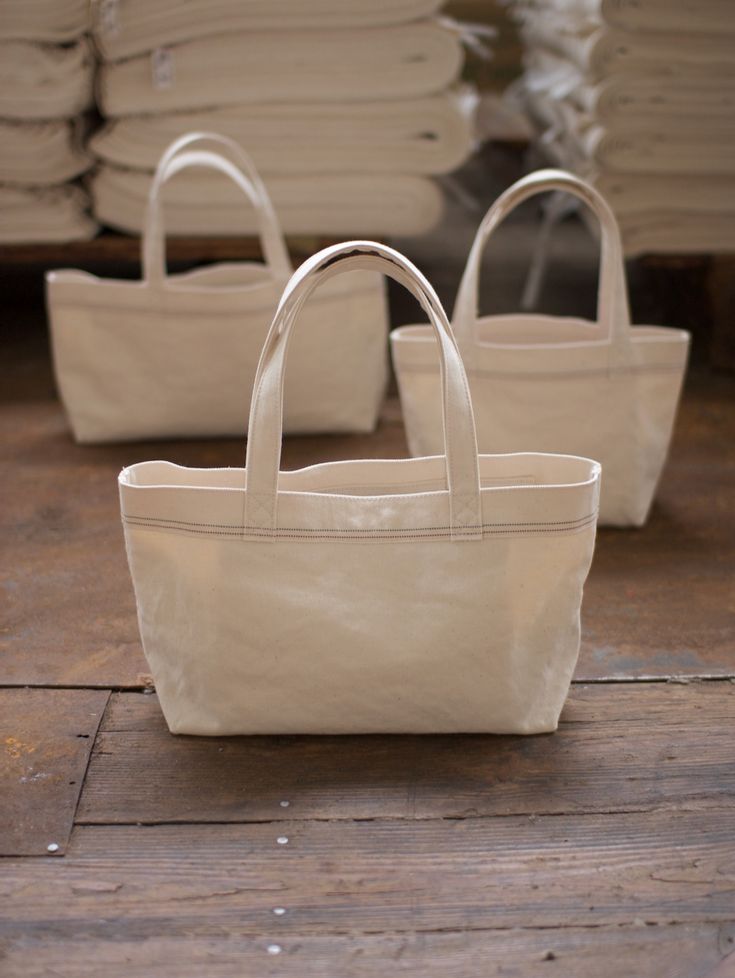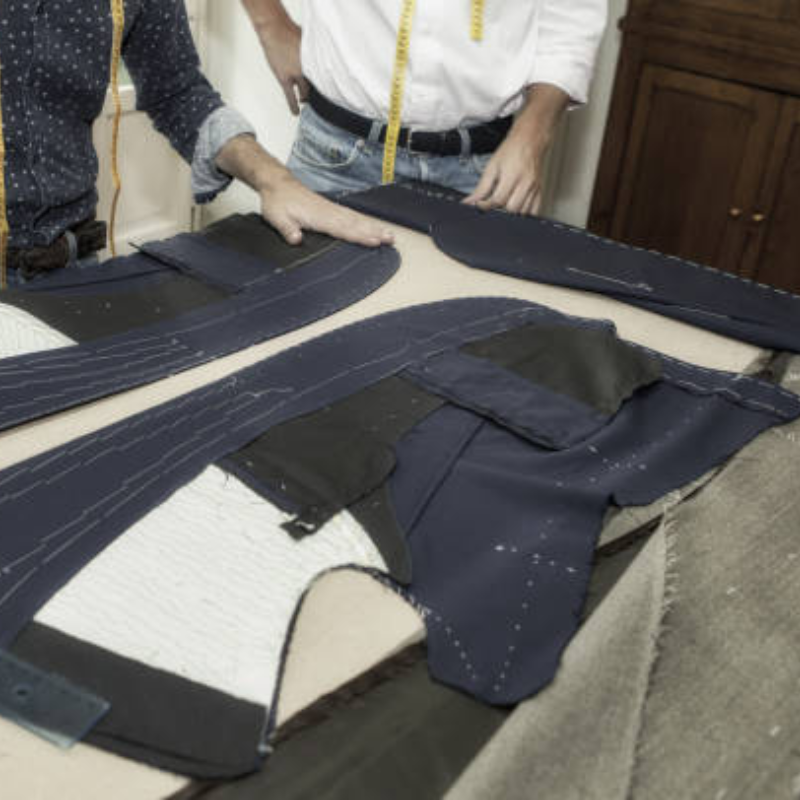The environmental impact of the fashion industry has become a critical issue. Conventional fabrics like cotton, polyester, and leather dominate the market but have significant ecological and social costs. On the other hand, cheap sustainable alternatives are emerging as viable options for those seeking eco-friendly solutions without breaking the bank. This blog explores traditional and sustainable fabrics’ cost, environmental impact, and practicality.
Table of Contents
ToggleThe Hidden Costs of Conventional Fabrics
Cotton: High Water and Chemical Use
Cotton is one of the most widely used fabrics, praised for its comfort and breathability. However, its production is resource-intensive. To produce a single T-shirt, about 2,700 liters of water are required—a staggering amount, especially in water-scarce regions like India and Pakistan. Furthermore, conventional cotton farming relies heavily on pesticides and synthetic fertilizers, which deplete soil health and pollute nearby water bodies.
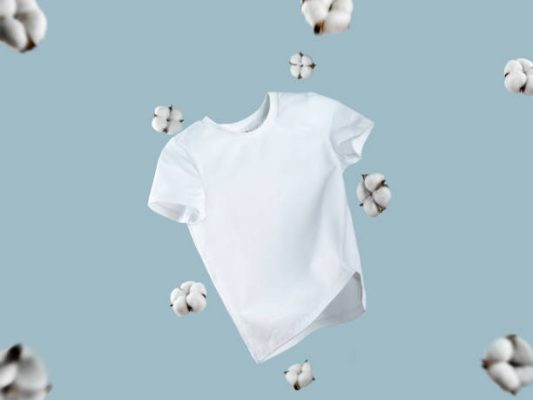
Organic cotton presents a more sustainable alternative but still requires significant water inputs. While better for soil and biodiversity, organic cotton can be 20-30% more expensive than conventional cotton due to lower yields and higher production costs.
Polyester: The Plastic Fabric
Polyester, a synthetic fiber made from petroleum, is valued for its durability and low cost. However, its environmental footprint is substantial. Producing polyester emits nearly 700 million tons of CO2 annually, contributing significantly to global warming. Additionally, washing polyester clothes releases microplastics into waterways. These tiny plastic fibers cannot be filtered out by wastewater treatment plants and eventually pollute oceans, harming marine life and potentially entering the human food chain.
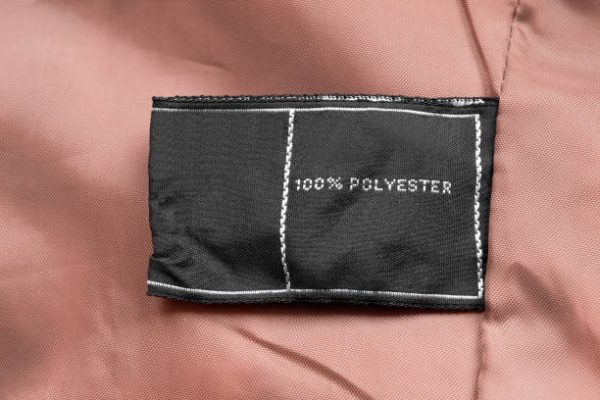
Leather: More Than Just a Fashion Statement
Leather is often considered a luxury material, but its production has severe environmental and ethical implications. Livestock farming, which provides the raw material for leather, is a leading cause of deforestation, especially in the Amazon rainforest. Furthermore, leather tanning involves toxic chemicals like chromium, which can contaminate water supplies and pose health risks to workers and nearby communities.
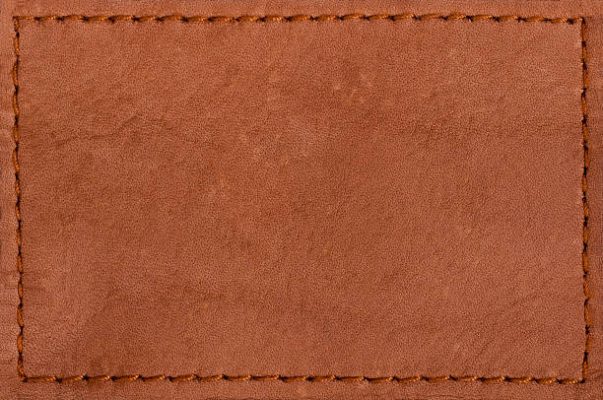
Cheap Sustainable Alternatives: A Growing Market
With rising awareness of environmental issues, the demand for sustainable fabrics is growing. Several affordable and eco-friendly materials are entering the market.
Hemp and Bamboo Fabrics
Hemp and bamboo are two of the most sustainable fabrics available. Hemp grows quickly with minimal water and no pesticides, making it an environmentally friendly choice. It is also durable and biodegradable. Bamboo, often used for soft fabrics like viscose, is similarly sustainable, though the chemical process for turning bamboo into fabric can sometimes negate its environmental benefits.
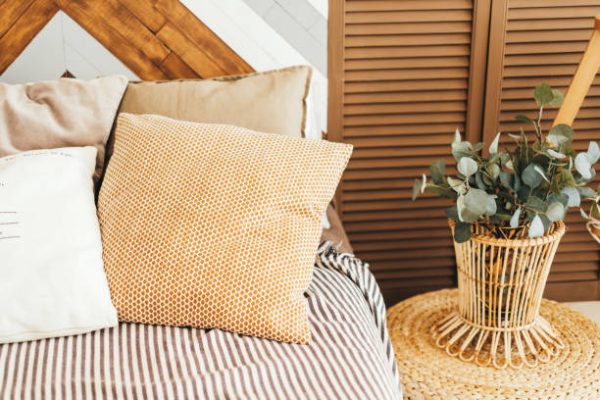
Despite their benefits, hemp and bamboo fabrics are relatively inexpensive compared to conventional fabrics, especially as production scales increase. Hemp fabric can be priced competitively with cotton while offering greater durability and a smaller ecological footprint.
Recycled Polyester
Recycled polyester is made from post-consumer plastic waste, such as water bottles. This material helps reduce landfill waste and requires less energy to produce than virgin polyester. While it still sheds microplastics, recycled polyester is a more sustainable alternative that maintains the durability and cost-effectiveness of traditional polyester.
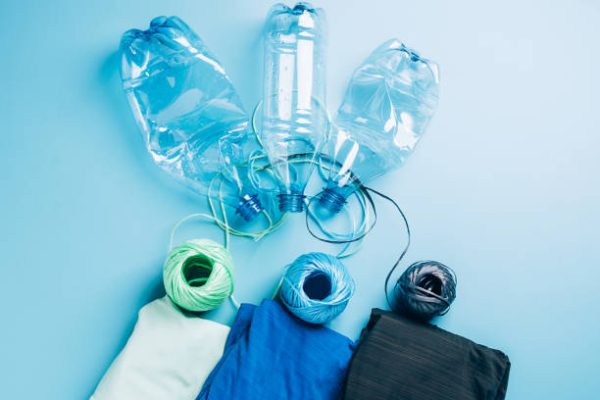
Tencel and Modal
Tencel and Modal are wood-based fabrics made from sustainably sourced trees. The production process for these fabrics is highly efficient, using a closed-loop system that recycles 99% of water and solvents. These fabrics are known for their softness, breathability, and biodegradability, making them excellent choices for sustainable fashion.
Cost Comparison: Is Sustainability Affordable?
A common misconception is that sustainable fabrics are always more expensive than conventional ones. However, this is not always the case.
- Hemp: Prices for hemp fabrics have decreased as production has scaled. Hemp is now often comparable to or even cheaper than high-quality cotton.
- Recycled Polyester: This material is generally priced similarly to virgin polyester, offering a cost-effective and eco-friendly alternative.
- Tencel and Modal: These fabrics are slightly more expensive than cotton but offer superior durability and environmental benefits, potentially saving costs in the long run
While some sustainable fabrics may have a higher upfront cost, they often prove more economical over time due to their durability and lower environmental impact. Additionally, the long-term savings from reduced resource consumption and pollution mitigation make sustainable alternatives a wise investment for both businesses and consumers.
Why Transition to Sustainable Fabrics?
The fashion industry accounts for 10% of global carbon emissions and consumes vast amounts of water and energy. Transitioning to cheap sustainable alternatives can significantly reduce these impacts.
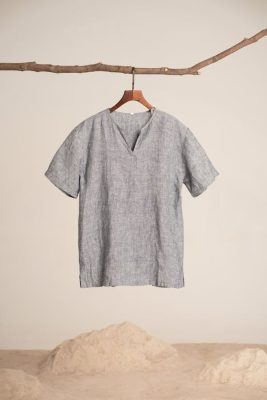
For consumers, choosing eco-friendly fabrics means supporting ethical practices and helping reduce pollution. For manufacturers, sustainable materials offer a way to meet growing consumer demand for responsible fashion while staying competitive.
Conclusion: A Sustainable Future
The shift towards sustainable fabrics is no longer just a trend; it’s a necessity. Cheap sustainable alternatives like hemp, bamboo, and recycled polyester offer cost-effective and eco-friendly solutions. By understanding the hidden costs of conventional fabrics, consumers and manufacturers can make more informed decisions that benefit both the planet and their wallets.
Investing in sustainability today can lead to a healthier planet and a thriving, responsible fashion industry in the future.
About IGREEN TEX
IGREEN TEX is a provider of fashion and textile products, offering a wide range of apparel both domestically and internationally. Our commitment to quality ensures that our products not only meet the highest standards but also promote eco-friendly practices.
IGREEN TEX VIETNAM CO LTD
Address: No. 83, A4 Street, Ward 12, Tan Binh Dist, HCMC
Tax code: 0315844409
Email: info@igreentex.com
WhatsApp/Viber/Zalo: +84 938.045.900
